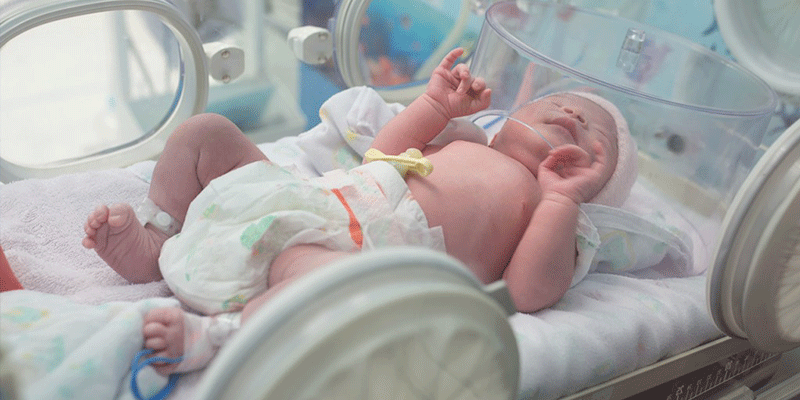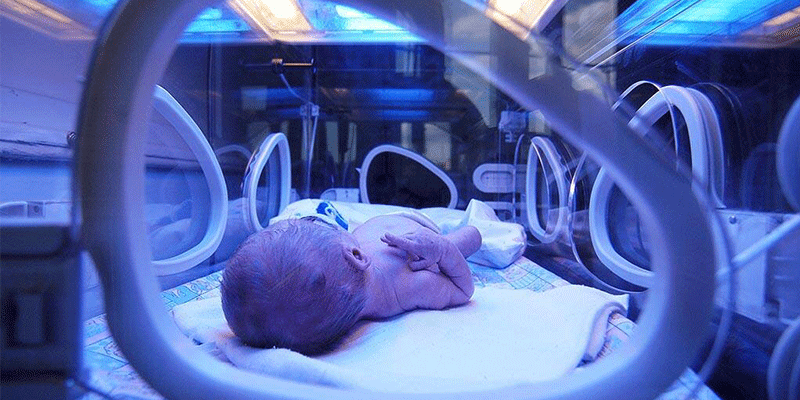
Q: Does breastfeeding affect jaundice?
A: Breast milk (human milk) is the ideal food for your baby. Jaundice is more common in babies who are breastfed than babies who are formula-fed. However, this occurs more often in newborns who are not getting enough breast milk because their mothers are not producing enough milk (especially if the milk comes in late) or if breastfeeding is not going well, such as babies not latching on properly.
For the first 24 hours after birth, normal breastfed newborns receive only about 1 teaspoon of milk with each feeding. The amount of breast milk provided increases with each day. If you are breastfeeding, you should breastfeed your baby at least 8 to 12 times a day for the first few days. This will help you produce enough milk and will help keep the baby’s bilirubin level down. If you are having trouble breastfeeding, ask your baby’s doctor or nurse or a lactation specialist for help.
Q: When should my baby get checked after leaving the hospital?
A: It is important for your baby to be seen by a nurse or doctor when the baby is between 3 and 5 days old, because this is usually when a baby’s bilirubin level is highest. This is why, if your baby is discharged before age 72 hours, your baby should be seen within 2 days of discharge. The timing of this visit may vary depending on your baby’s age when released from the hospital and other factors.
Q: Why do some babies need an earlier follow-up visit after leaving the hospital?
A: Some babies have a greater risk for high levels of bilirubin and may need to be seen sooner after discharge from the hospital. Ask your doctor about an early follow-up visit if your baby has any of the following symptoms:
- A high bilirubin level before leaving the hospital
- Early birth (more than 2 weeks before the due date)
- Jaundice in the first 24 hours after birth
- Breastfeeding that is not going well
- A lot of bruising or bleeding under the scalp related to labor and delivery
- A parent, brother, or sister who had a high bilirubin level and received light therapy
Last Updated 6/19/2017
Source Jaundice and Your Newborn (© 2006 American Academy of Pediatrics, Updated 12/2016)
The information contained on this Web site should not be used as a substitute for the medical care and advice of your pediatrician. There may be variations in treatment that your pediatrician may recommend based on individual facts and circumstances.






